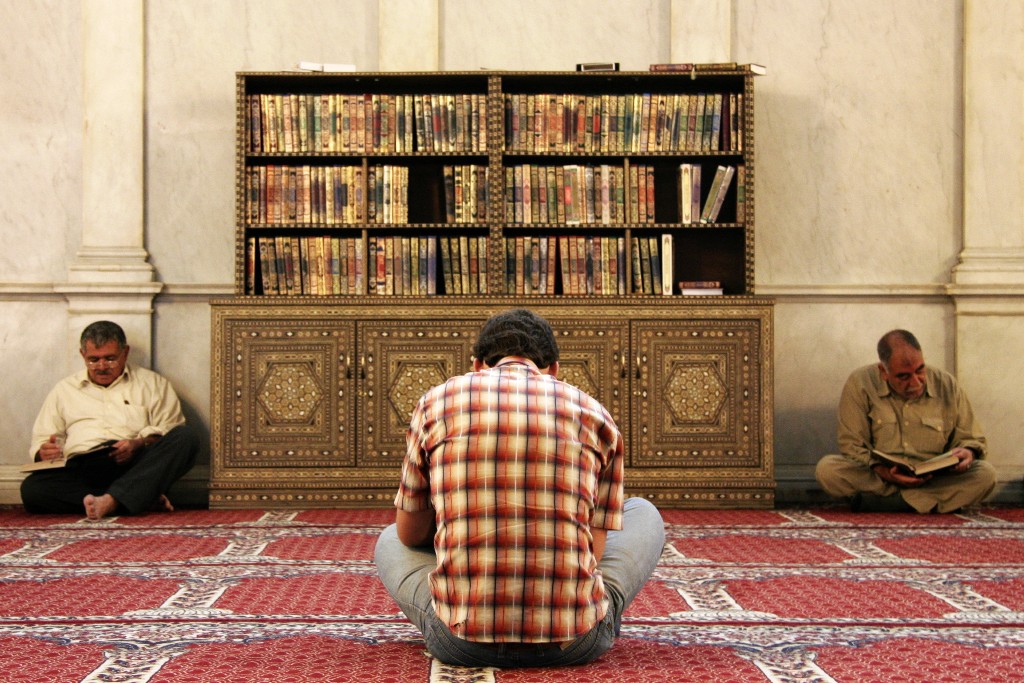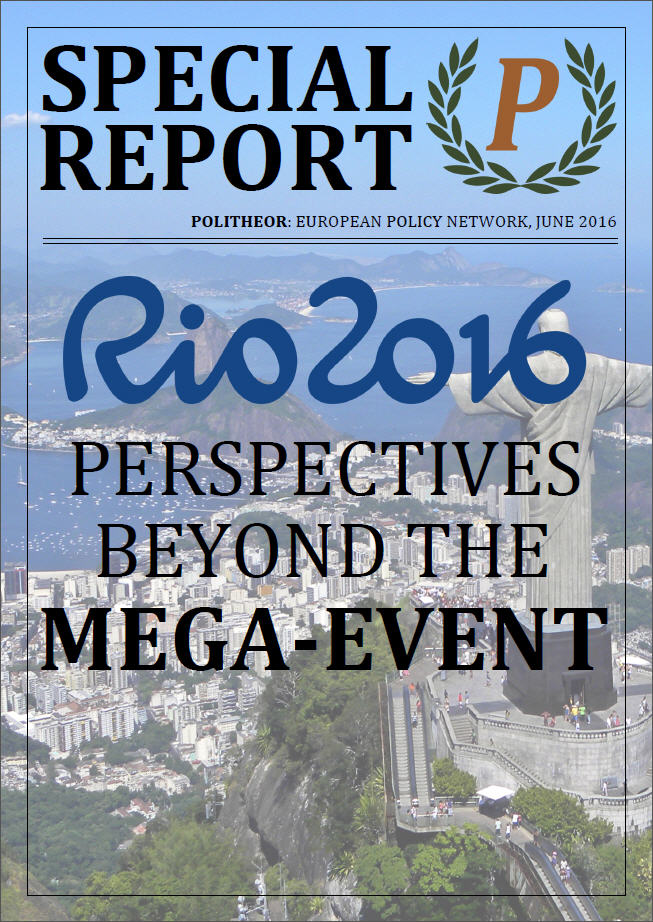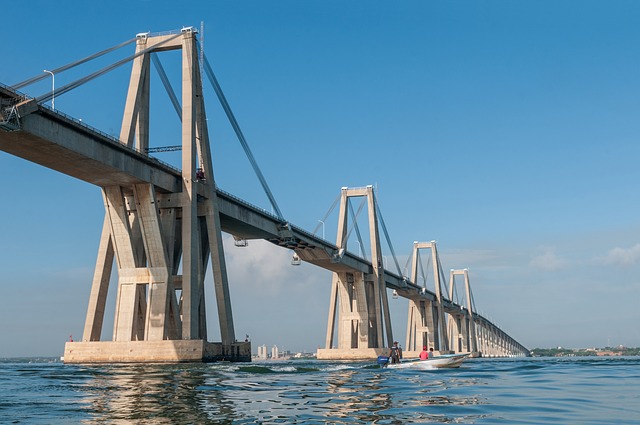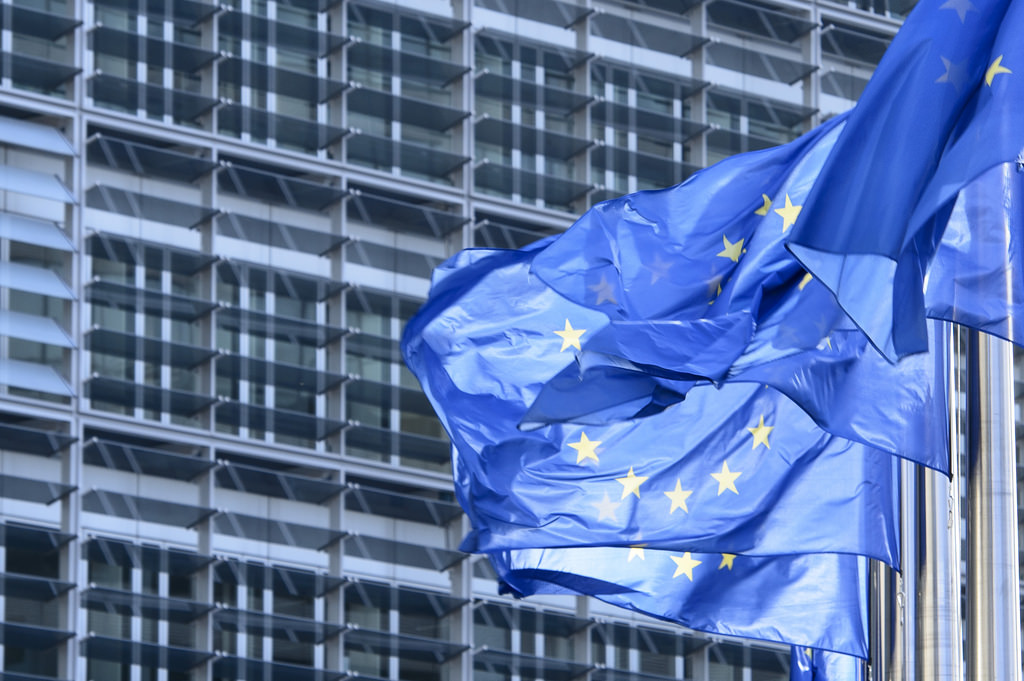POLITHEOR
European Policy Network
International Relations and Global Affairs
- Home
- International Relations and Global Affairs
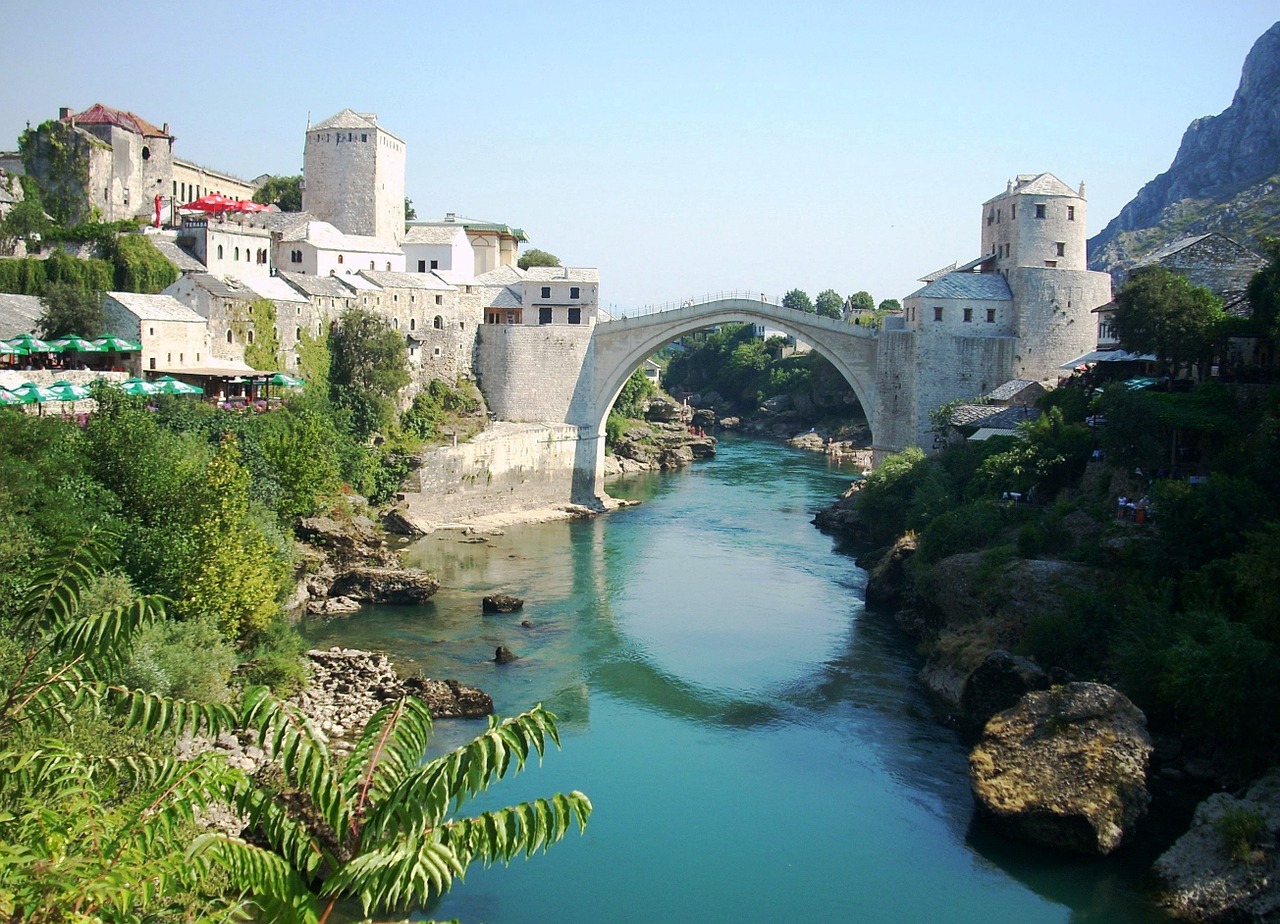
The EU and Bosnia-Herzegovina on a slippery slope0
- International Relations and Global Affairs, Op-ed
- 28/11/2016
In the last weeks, the political leaders of Bosnia-Herzegovina have pushed the country into a new crisis. The reason behind it was the Serbian entity’s decision to hold a referendum on whether 9th January should become the Day of Republika Srpska. This was widely opposed by the Croats and Bosniaks in the country, and also by the EU.
READ MORE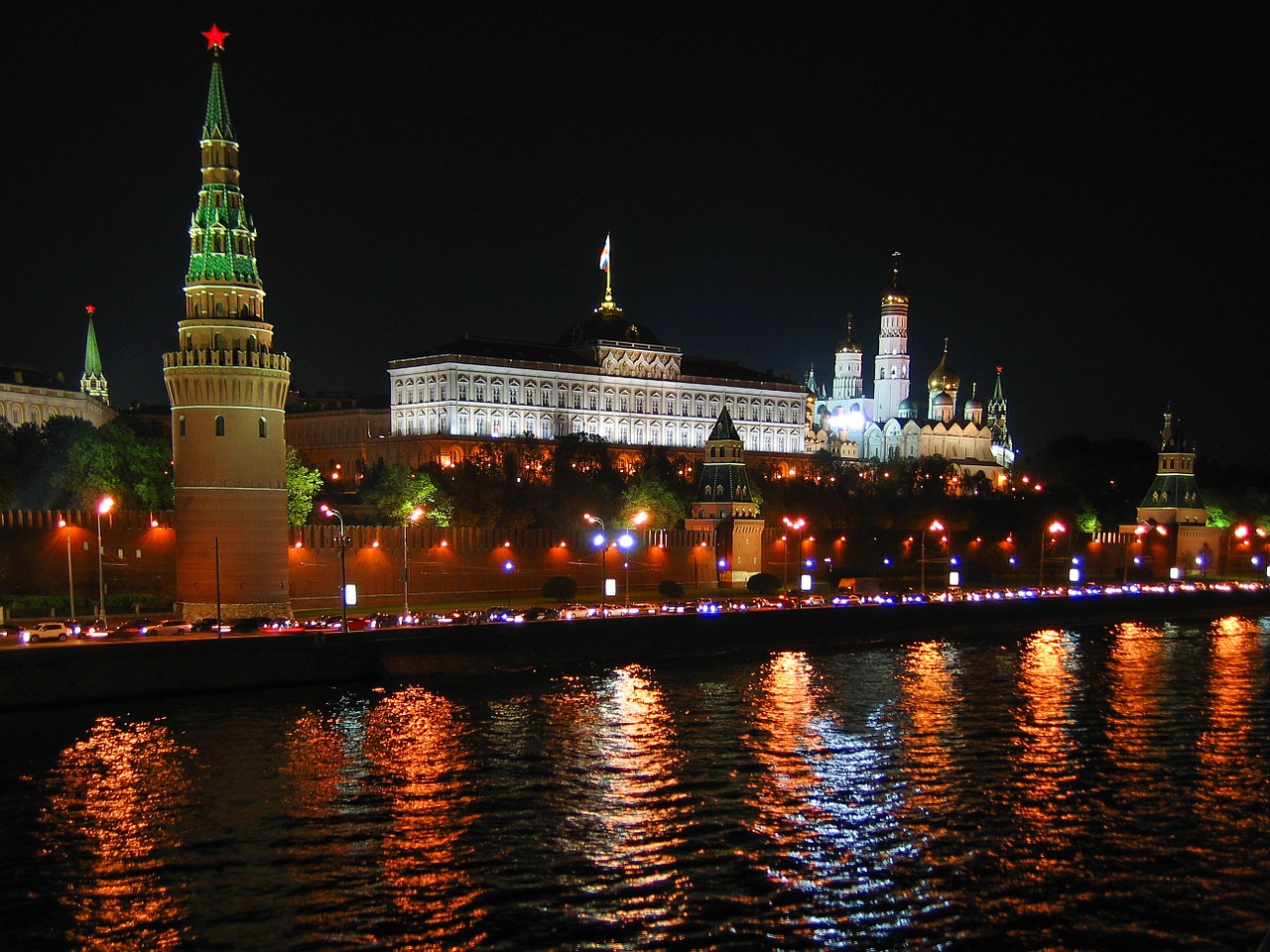
The Crisis Between Russia and the West: Who gets to be right?0
- International Relations and Global Affairs, Op-ed
- 28/10/2016
Conflicts are not only about incompatible interests. They are equally disagreements over why the conflict started in the first place. In the crisis between the West and Russia, diverting opinions and beliefs are evident, and both sides go at lengths to distort the narrative of the other. In this context “being right” should however not be the objective. Rather focus should be on how to address the underlying mistrust and feelings of betrayal expressed by both sides.
READ MORE
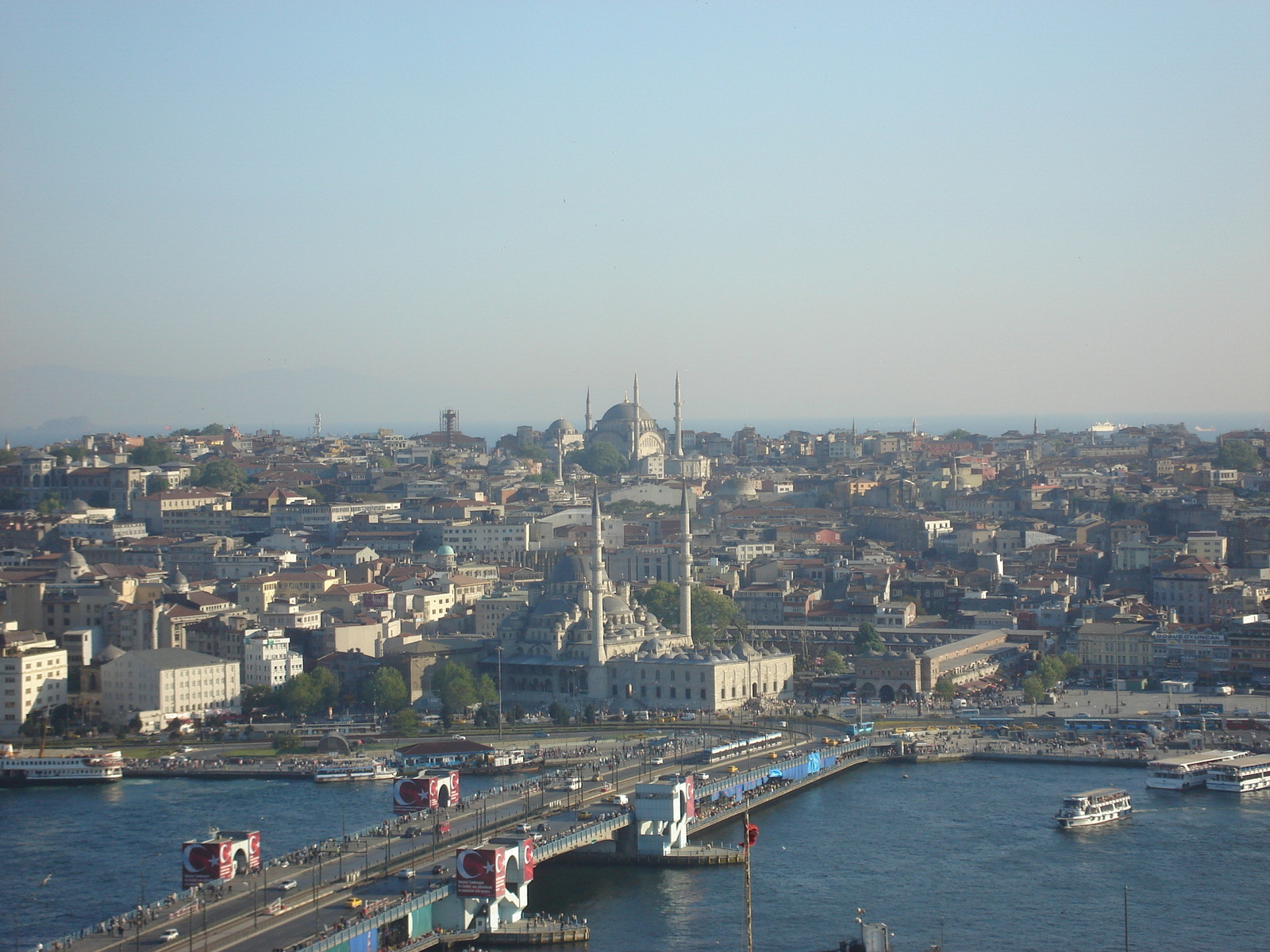
Erdogan’s purge and the rule of law0
At the heart of the latest attempted military coup is the role the Turkish people played in quashing the coup.
READ MORE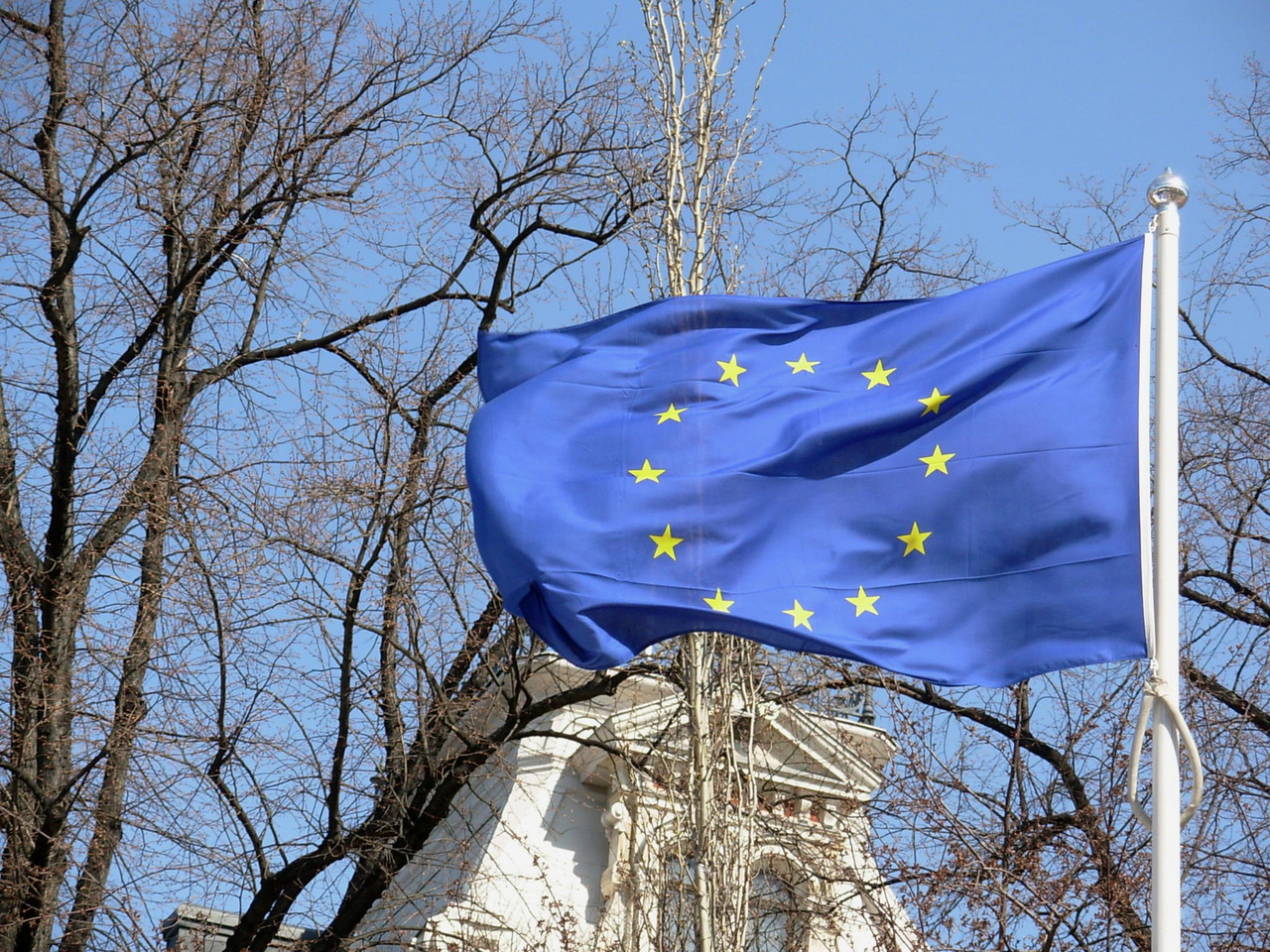
A Suggestion for the EU’s Global Strategy and the Resolution of the Georgian/South Ossetian Conflict0
- International Relations and Global Affairs, Op-ed
- 12/09/2016
Last June, beclouded by Brexit, the EU launched its new Global Strategy. The strategy focuses on a number of issues and has opened a possibility for the EU to re-evaluate previous, and improve future, engagements. A case in need of a re-evaluation is the conflict in Georgia. Here the EU promotes state-building as the foundation for peace. The presence of Russia, however, drastically impedes the success of such an approach.
READ MORE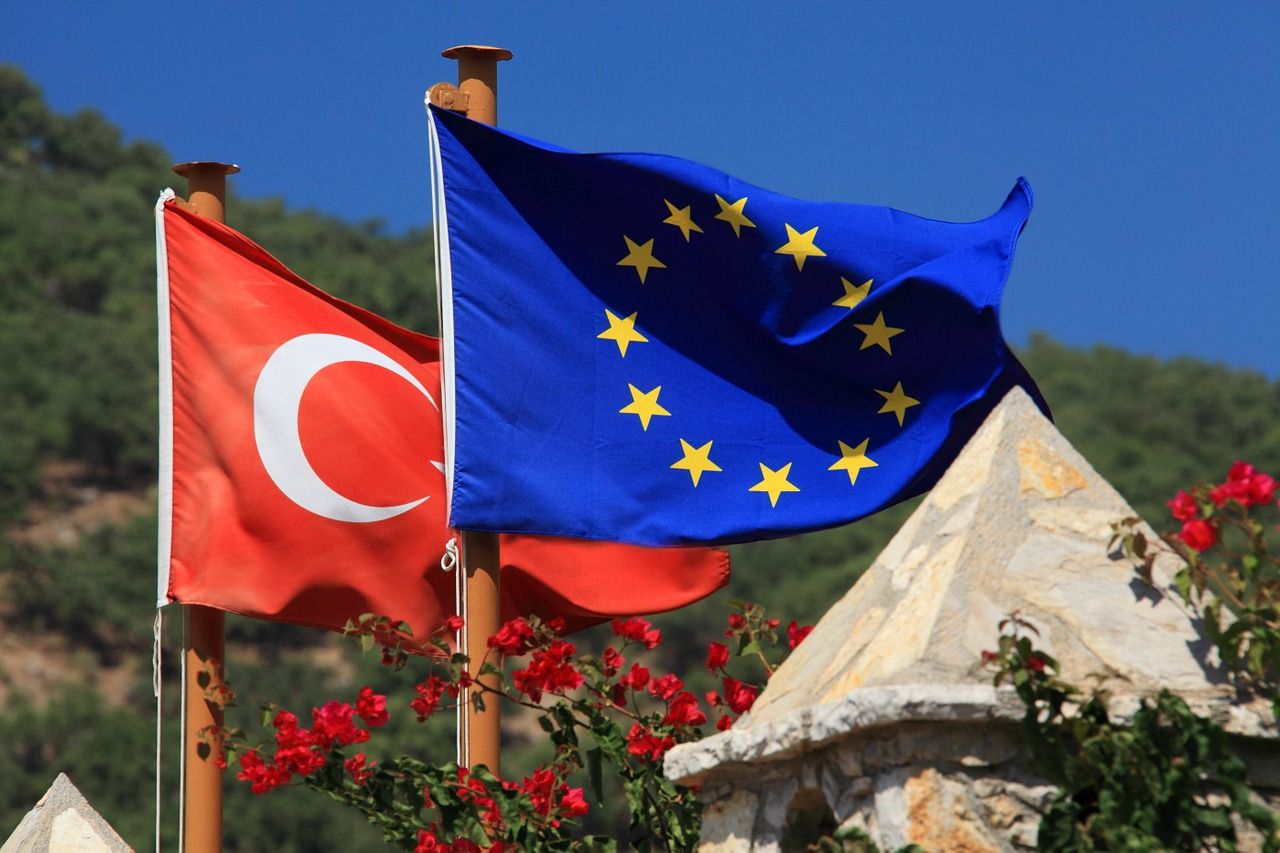
Turkish coup d’état: a failed test for the EU1
- International Relations and Global Affairs, Op-ed
- 12/09/2016
In the aftermath of the abortive Putsch orchestrated by the Turkish military, the EU finds itself in a slippery position in the attempt to offset its geopolitical concerns against the upholding of the values it promotes as a normative power. The Union’s leaders have not understood neither the substance of the golpe nor its implications, whereas the EU’s own role in the scenario should be much more pivotal.
READ MORE
